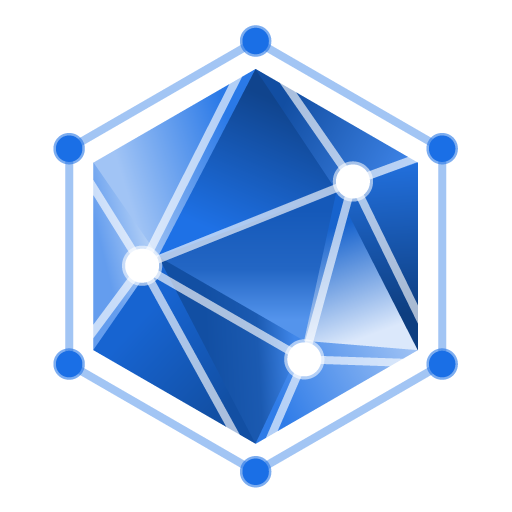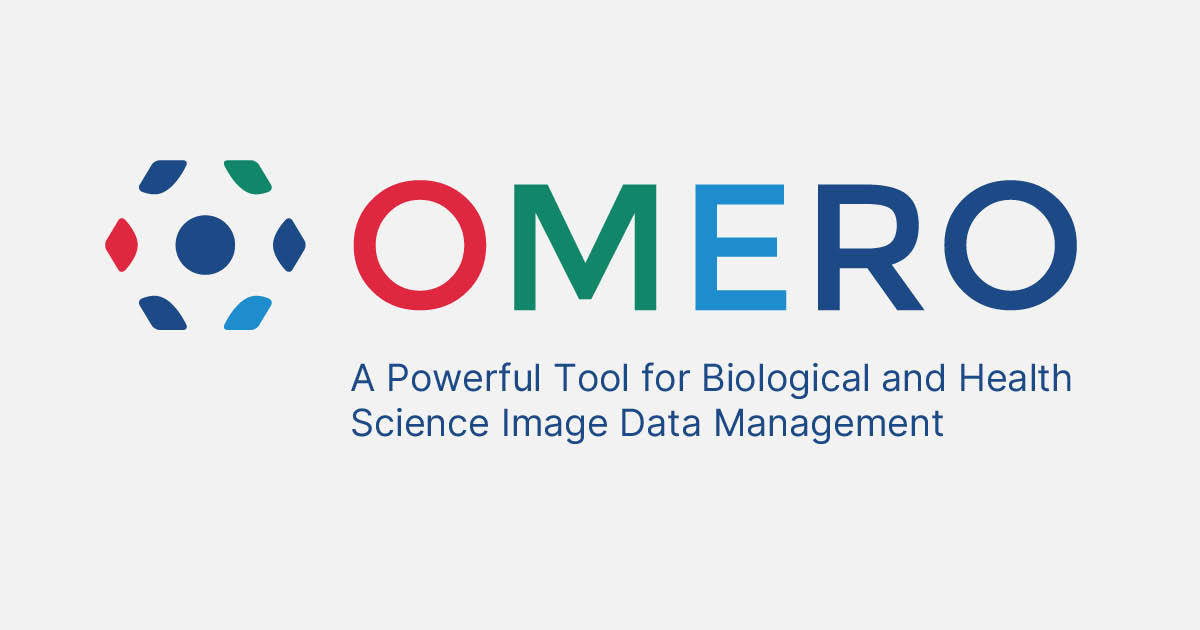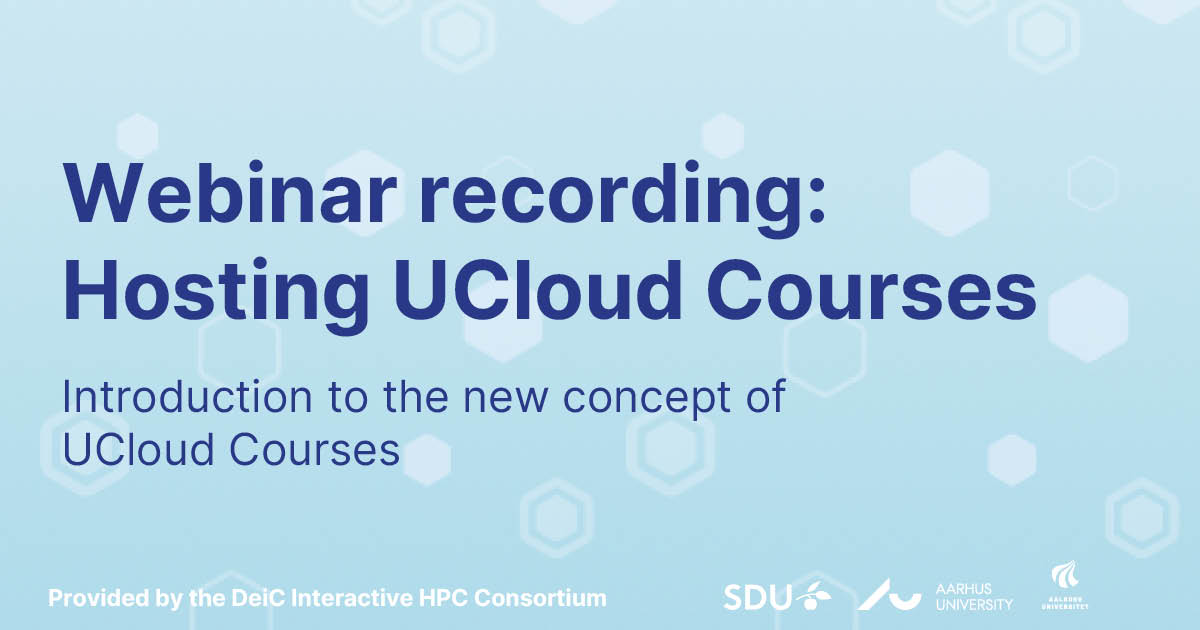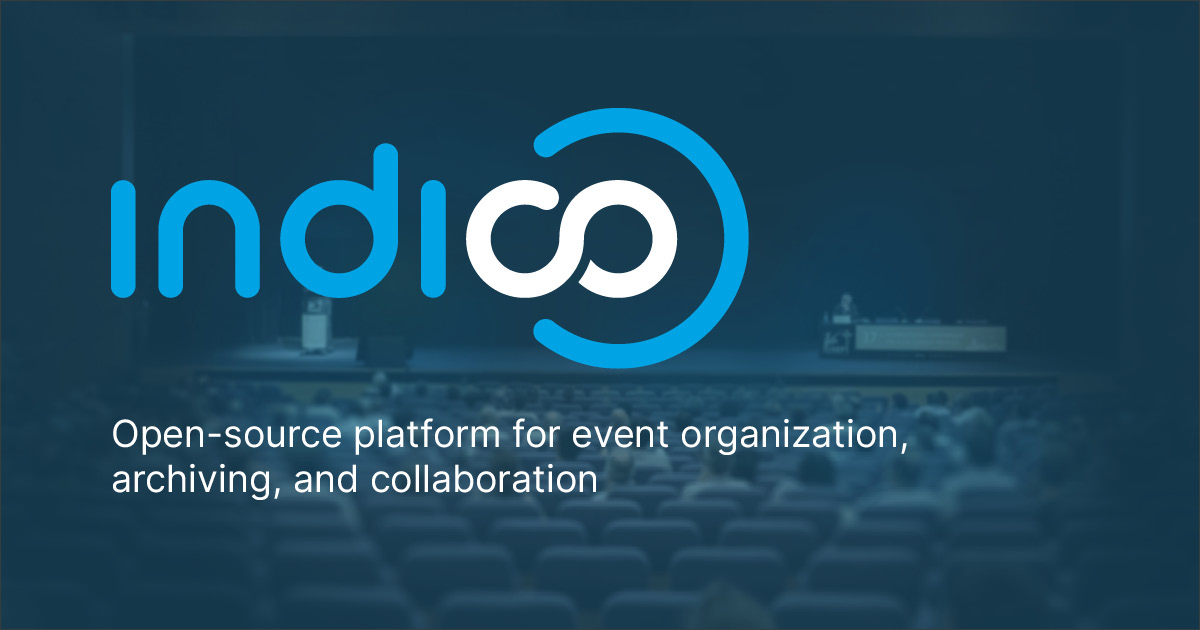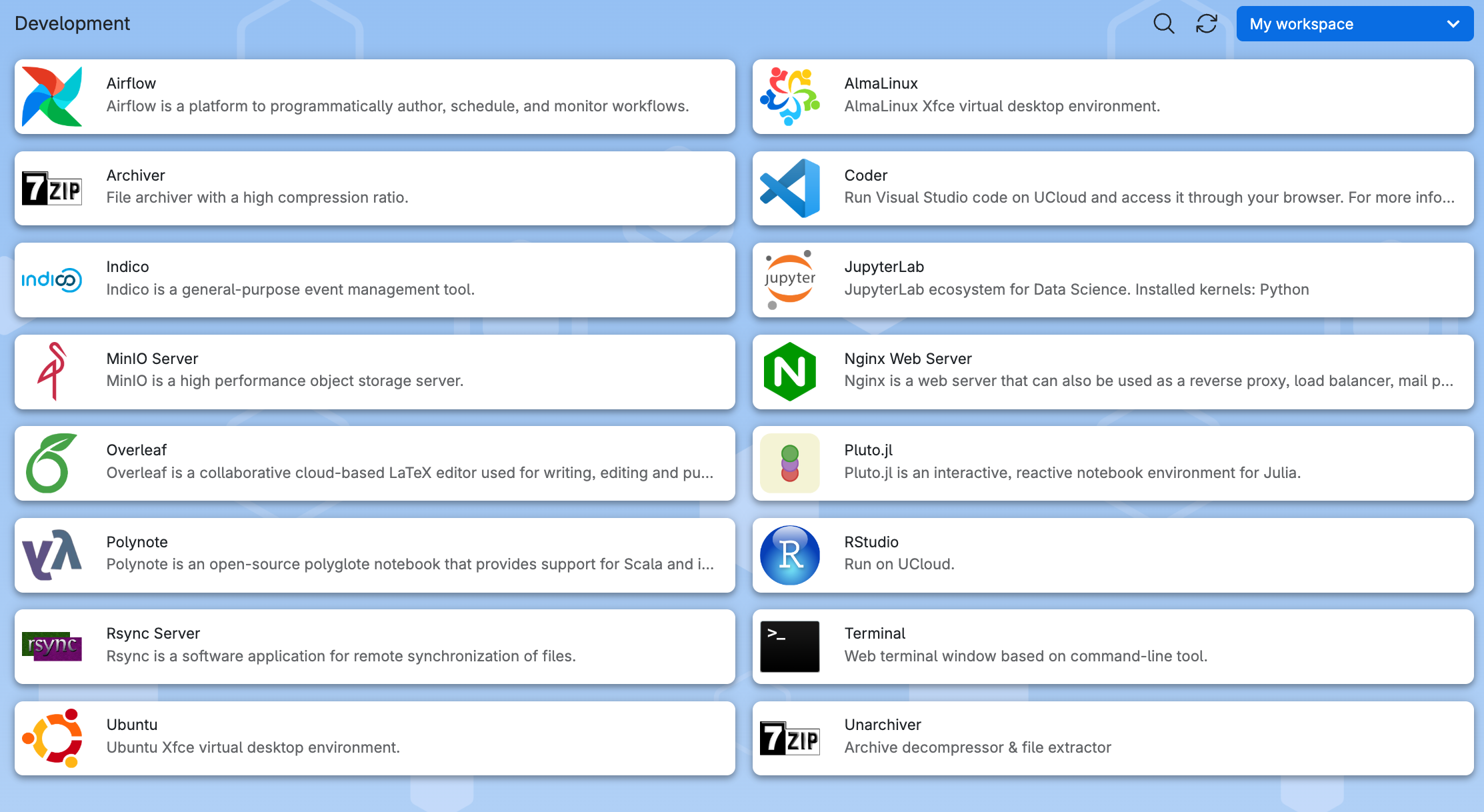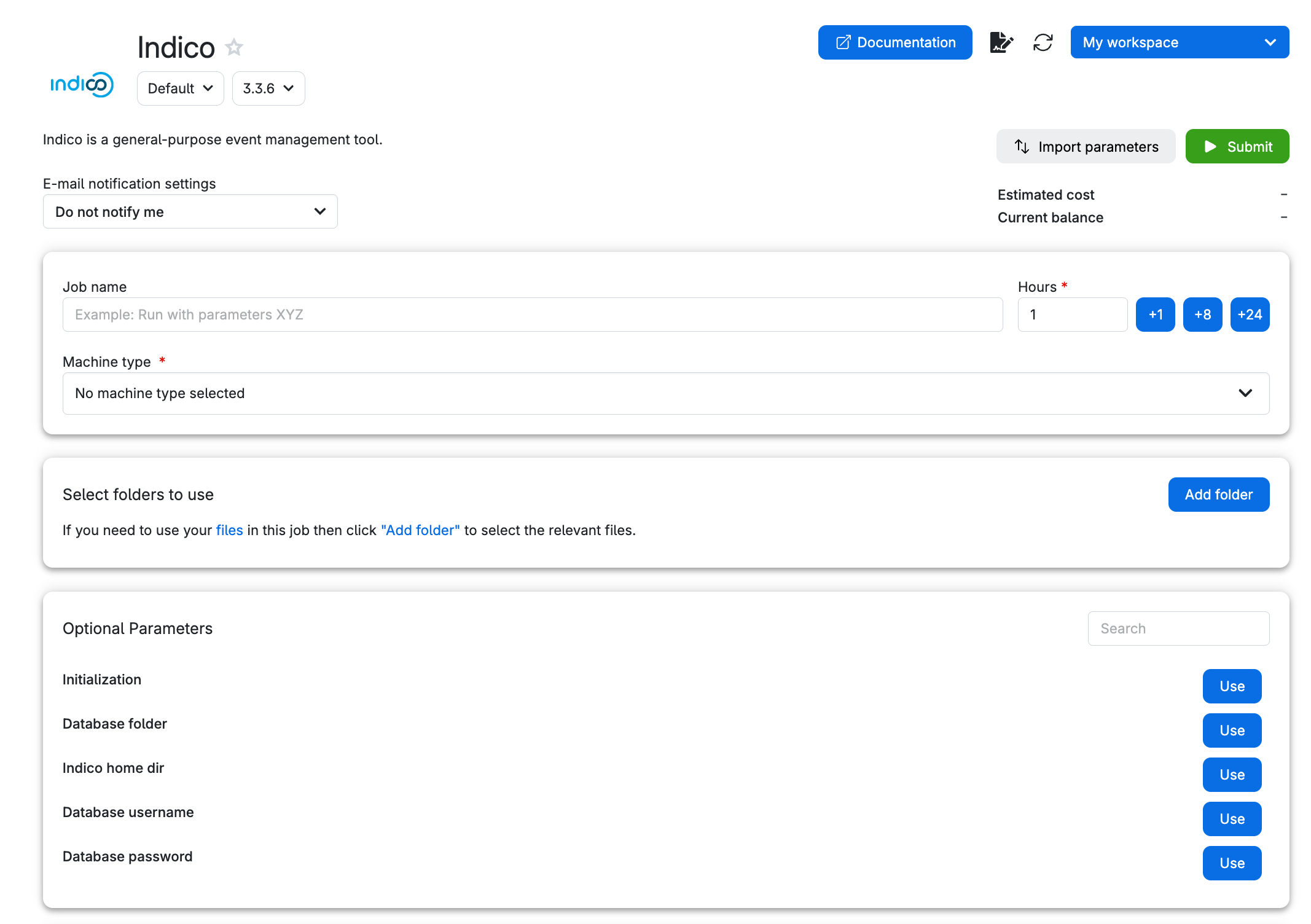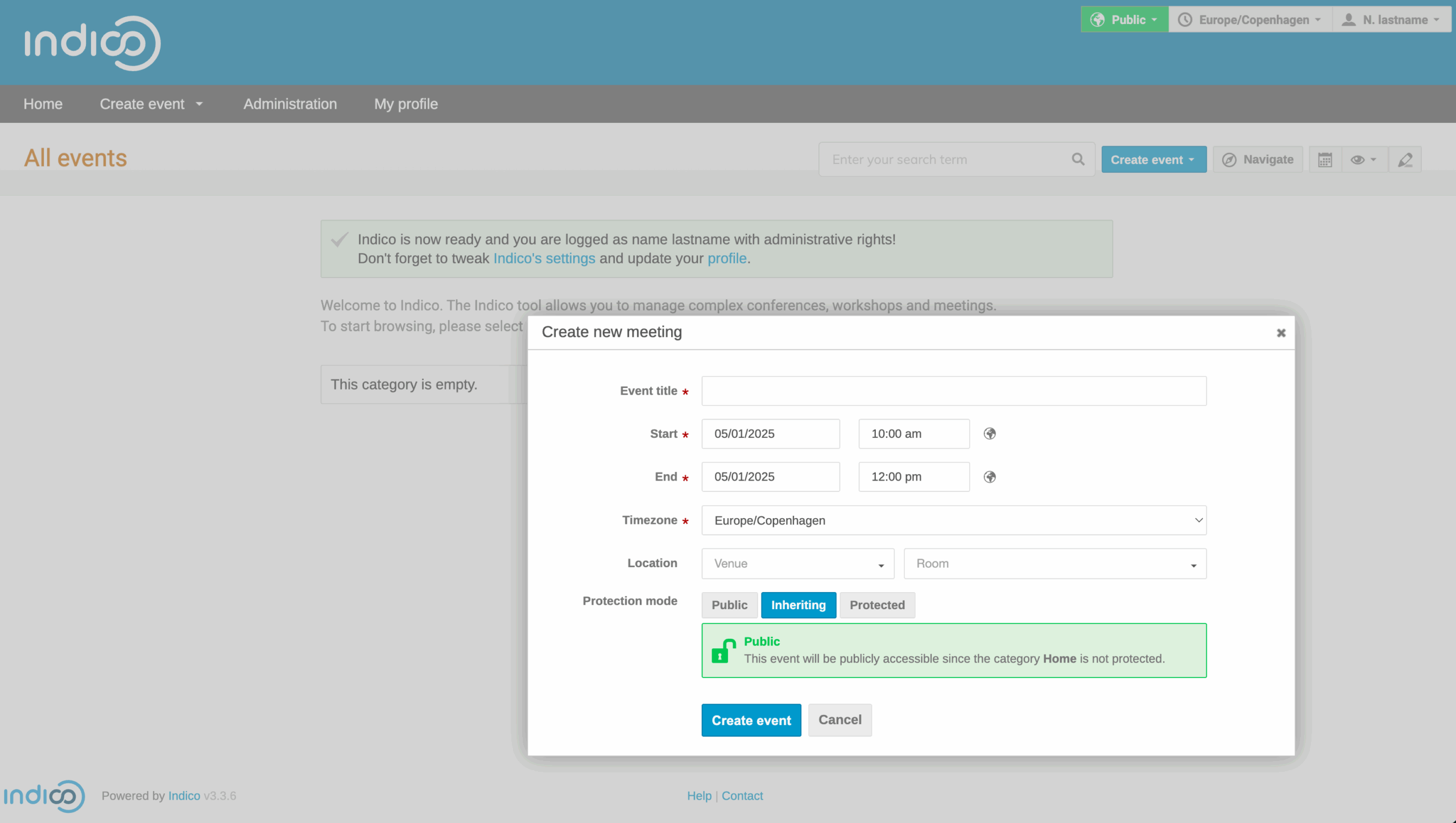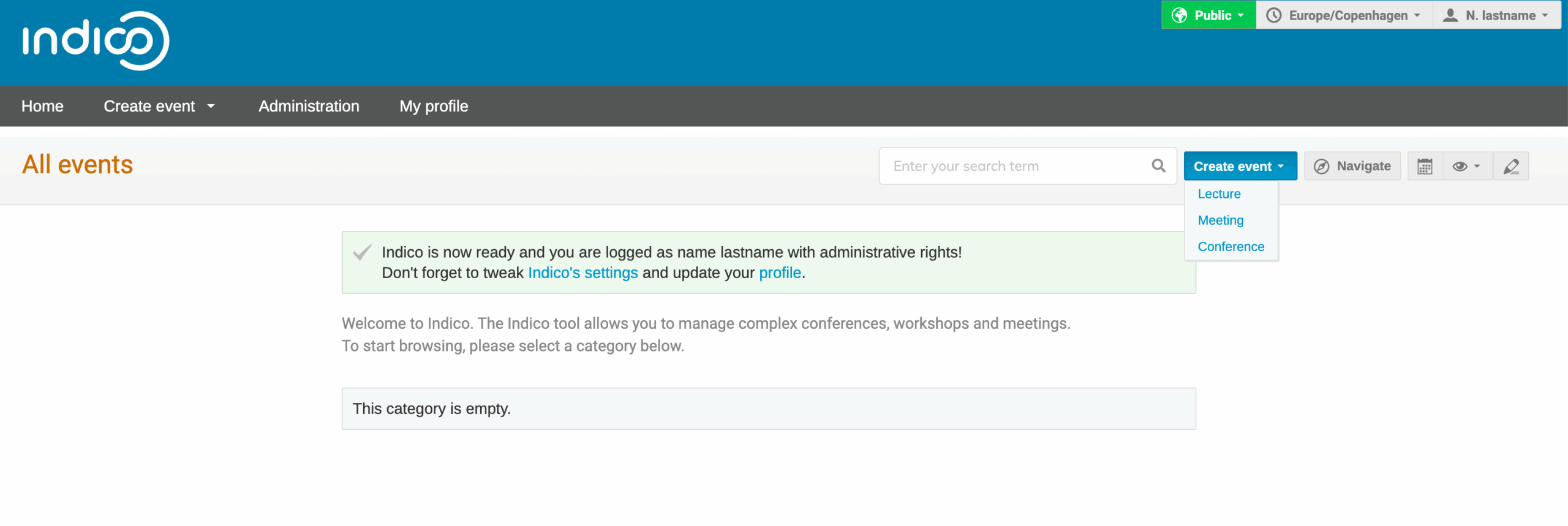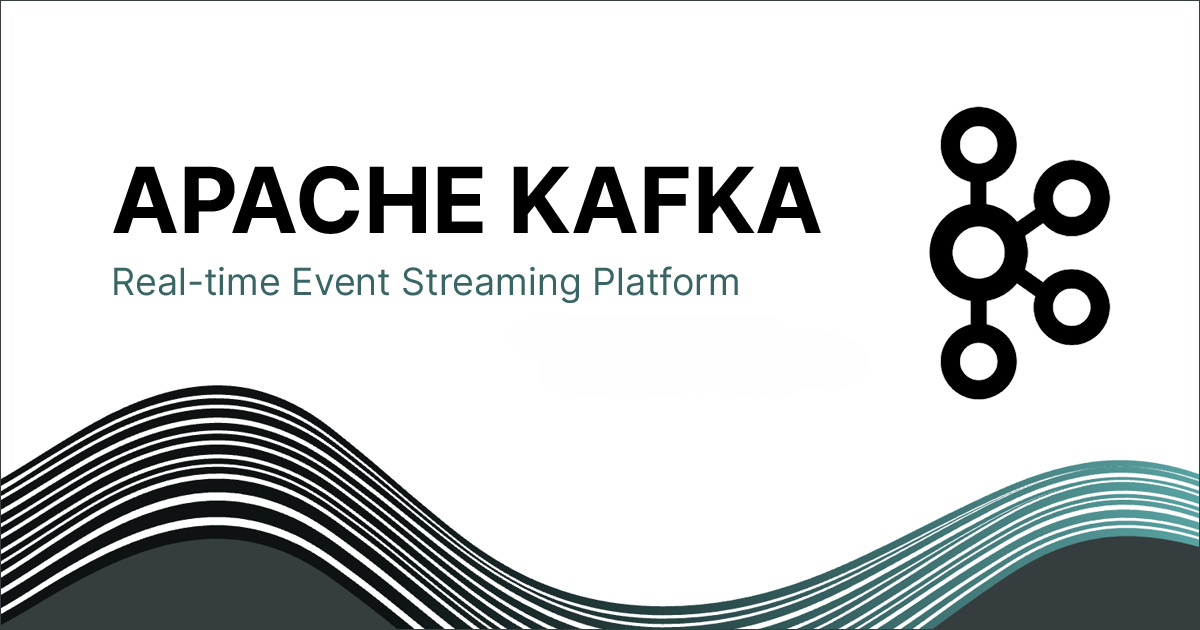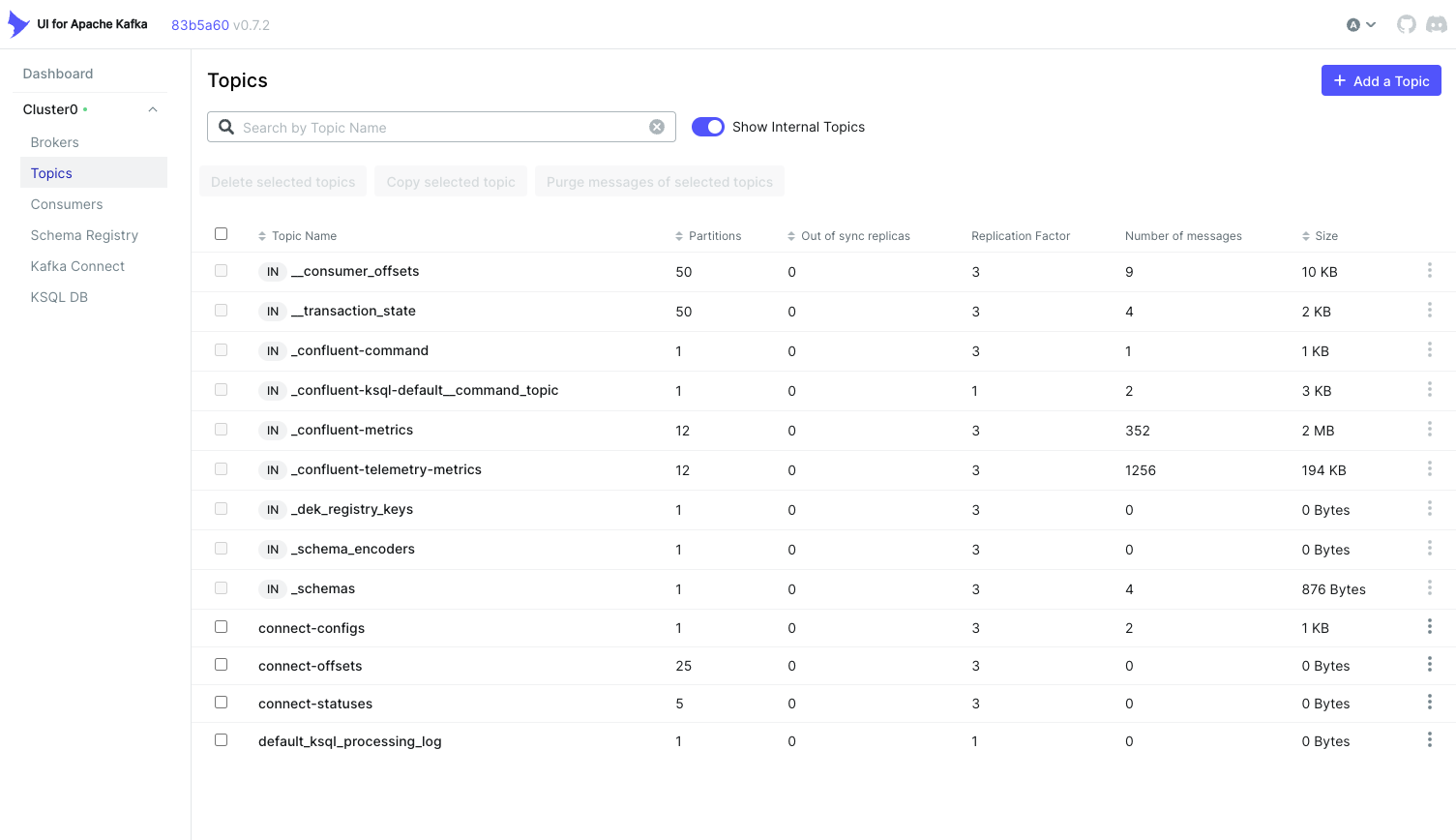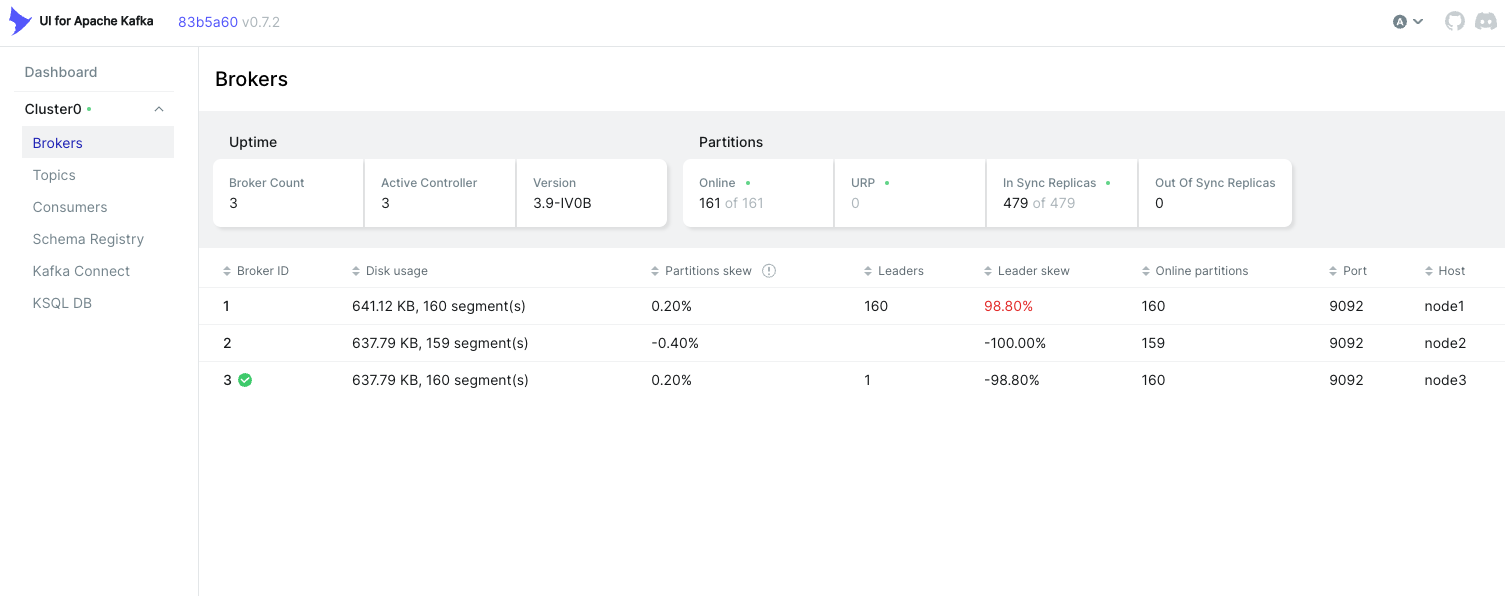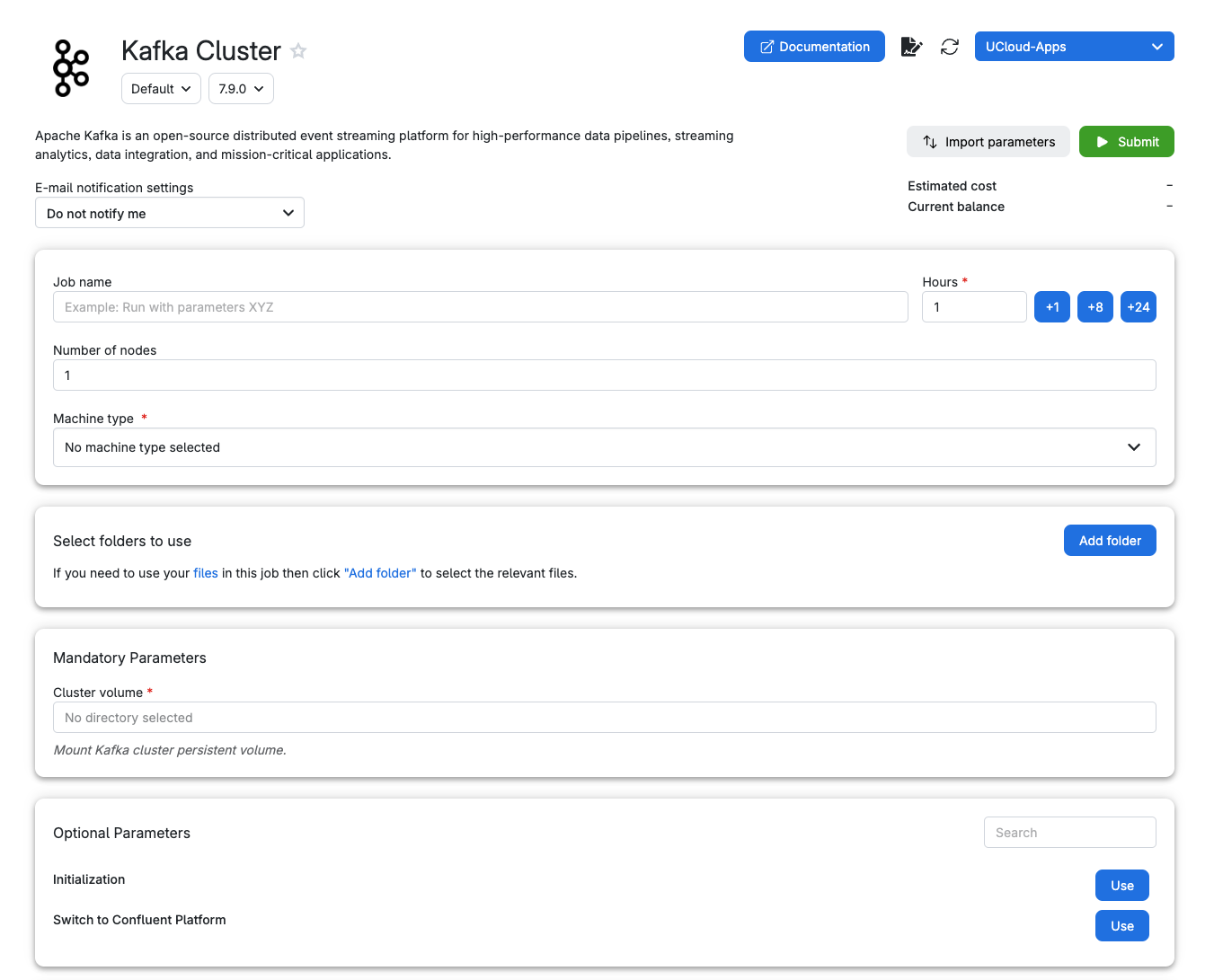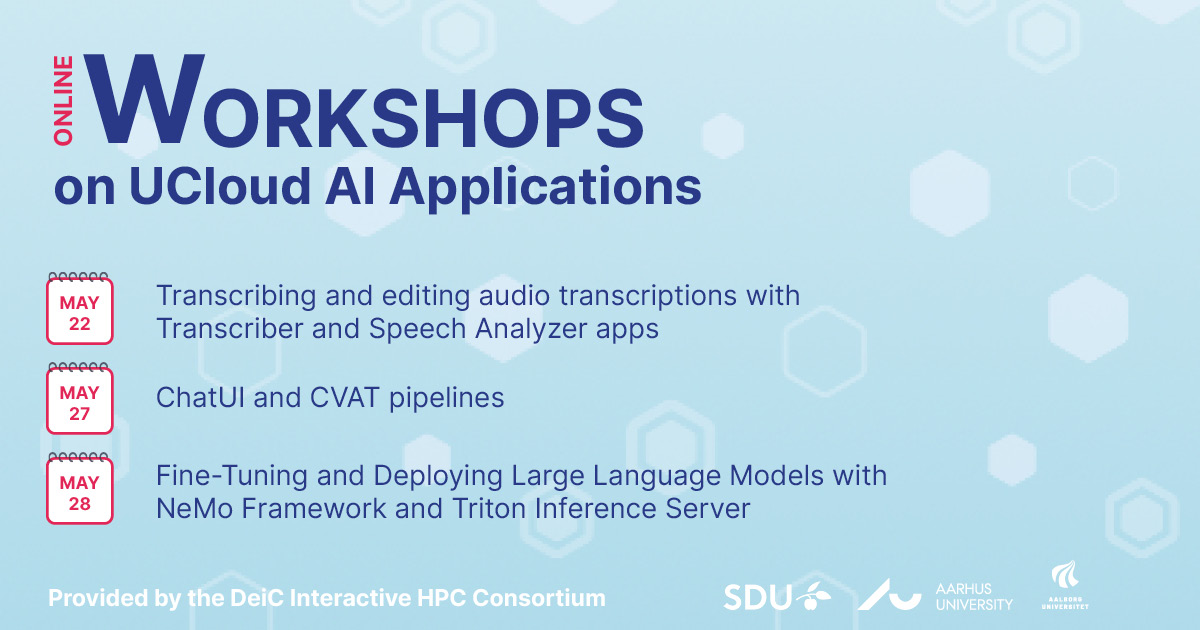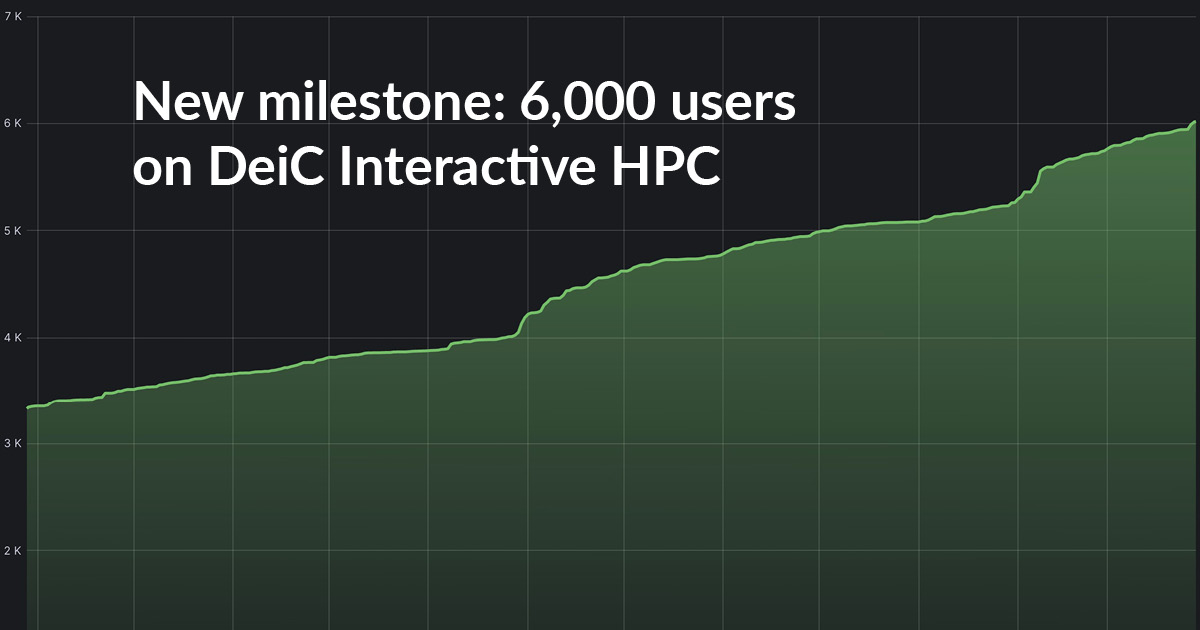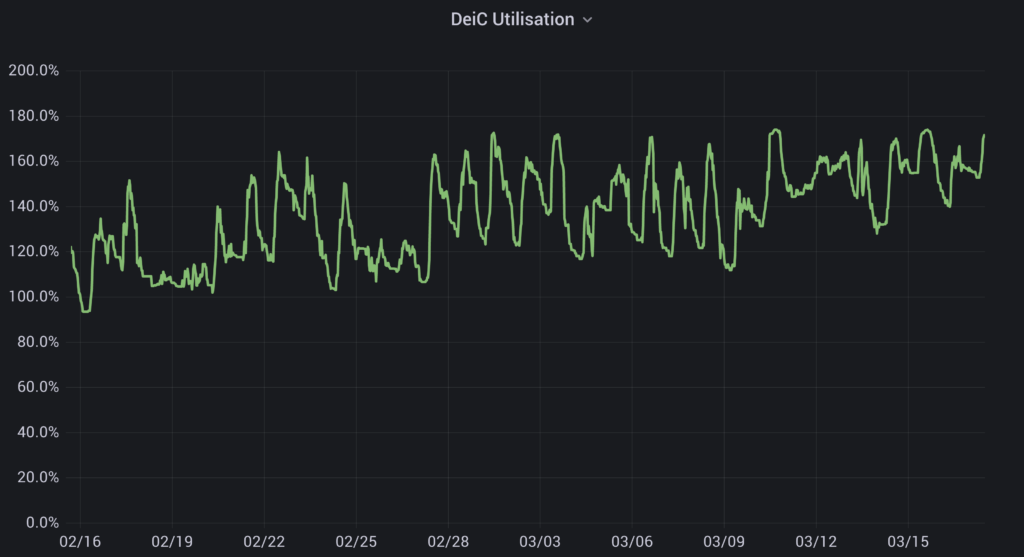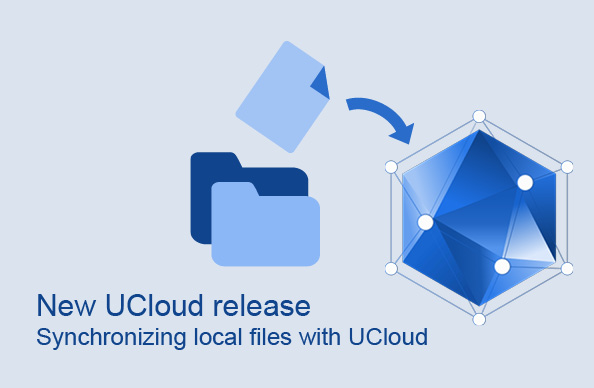Et kraftfuldt værktøj til billeddatastyring i biologi og sundhedsvidenskab
DeiC Interactive HPC – UCloud Konsortiet introducerer OMERO på UCloud. OMERO er et robust open source-system til billeddatastyring, skræddersyet til biologisk forskning og sundhedsvidenskab. Systemet er designet til at håndtere store mængder mikroskopibilleder og deres tilhørende metadata og giver forskere mulighed for at lagre, organisere, visualisere og analysere billeddata med præcision og lethed.
Hvad er OMERO?
OMERO (Open Microscopy Environment Remote Objects) er en omfattende løsning til styring af billeddata inden for biologi og sundhedsvidenskab. Uanset om du arbejder med digital patologi, cellebiologi eller andre billedintensive felter, giver OMERO et sikkert lager, der understøtter dine forskningsarbejdsgange.
”De mikroskopiske billeder, som biologer og sundhedsvidenskabsfolk typisk arbejder med, har mange pixels og kan være ekstremt tunge. Med Omero på UCloud har man ikke blot mulighed for at gemme sine billeder på UCloud, men man kan også oprette lagringsgrupper og give forskellige tilladelser. Det er ekstremt nyttigt for store projekter, hvor PI’en kan opdele billeder i mindre grupper eller projekter og se statistik over, hvordan hvert projekt skrider frem,” siger Dr. Federica Lo Verso, computational scientist ved SDU eScience Center’s forskningssupportteam. Federica har været udvikleren med ansvar for at implementere OMERO-appen på UCloud.
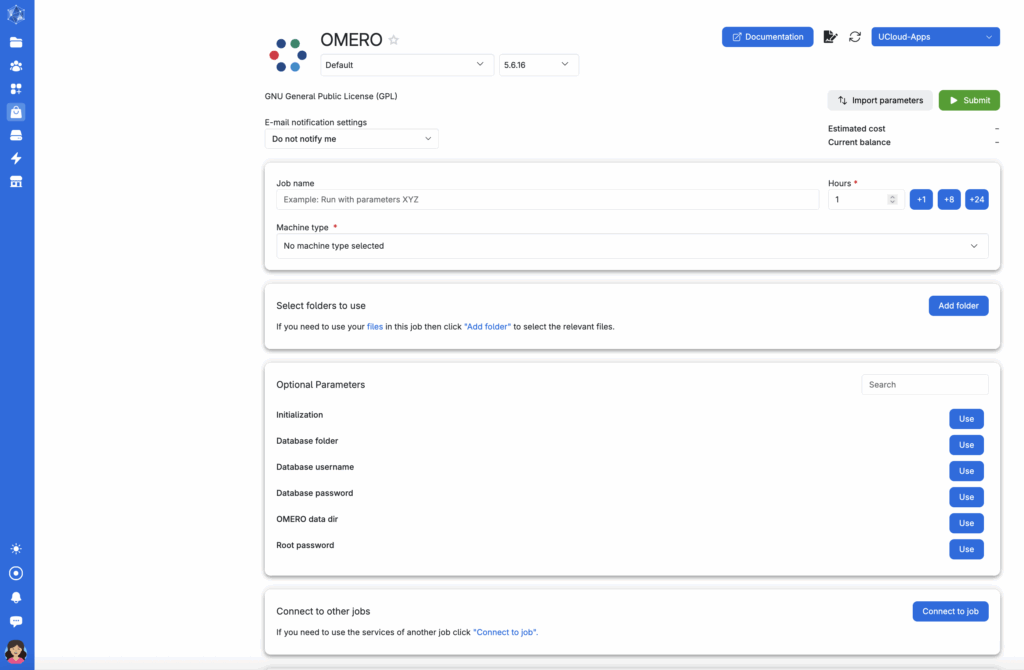
Centrale funktioner i OMERO
- Billedhåndtering
OMERO fungerer som et sikkert lager for forskellige billeddatasæt, hvilket sikrer, at dine data er organiserede og tilgængelige fra hvor som helst.
- Understøttelse af flere formater
Drevet af Bio-Formats understøtter OMERO mere end 150 proprietære og open source-billedformater, hvilket gør det til et alsidigt valg for laboratorier med forskellige billedteknologier.
- Sikkert samarbejde
OMERO indeholder robuste tilladelseskontroller, der muliggør sikker deling og samarbejde på tværs af teams og institutioner.
- Datavisualisering og analyse
Indbyggede værktøjer gør det muligt for brugerne at vise, annotere og udforske billeddata interaktivt, hvilket styrker fortolkning og indsigt.
- Publiceringsværktøjer
OMERO.figure forenkler oprettelsen af højtkvalitetsfigurer til præsentationer og publikationer direkte fra dine billeddatasæt.
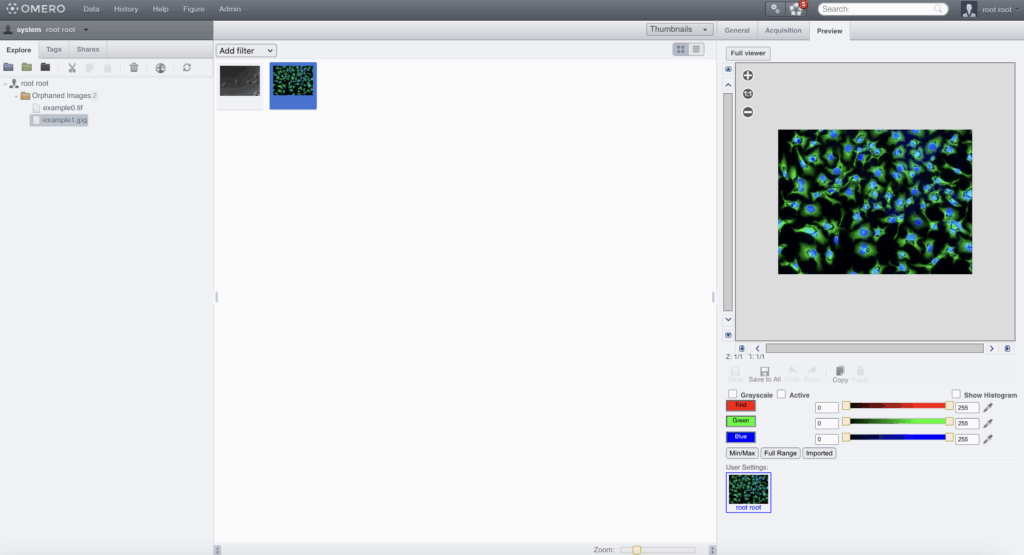
Hvorfor bruge OMERO på UCloud?
Implementeringen af OMERO på UCloud giver væsentlige fordele:
- Skalerbare lagringsressourcer
UCloud giver adgang til enorme og fleksible lagringsmuligheder, ideelle til de store datasæt, der er typiske i biologisk billeddannelse.
- Egnet til følsomme data
UClouds sikre arkitektur gør det velegnet til håndtering af følsomme eller fortrolige forskningsdata og sikrer overholdelse af databeskyttelsesregler.
- Integreret forskningsmiljø
OMERO på UCloud integreres problemfrit med andre værktøjer og tjenester og understøtter samarbejdende og reproducerbar forskning.
- Tilgængelighed og ydeevne
Med UClouds højtydende infrastruktur kan forskere få adgang til og behandle deres data effektivt fra hvor som helst.
Uanset om du administrerer terabytes af mikroskopibilleder eller forbereder figurer til din næste publikation, er OMERO på UCloud en game-changer for biologisk forskning. Begynd at udforske dets muligheder i dag og løft din datastyringsarbejdsgang til et nyt niveau.
